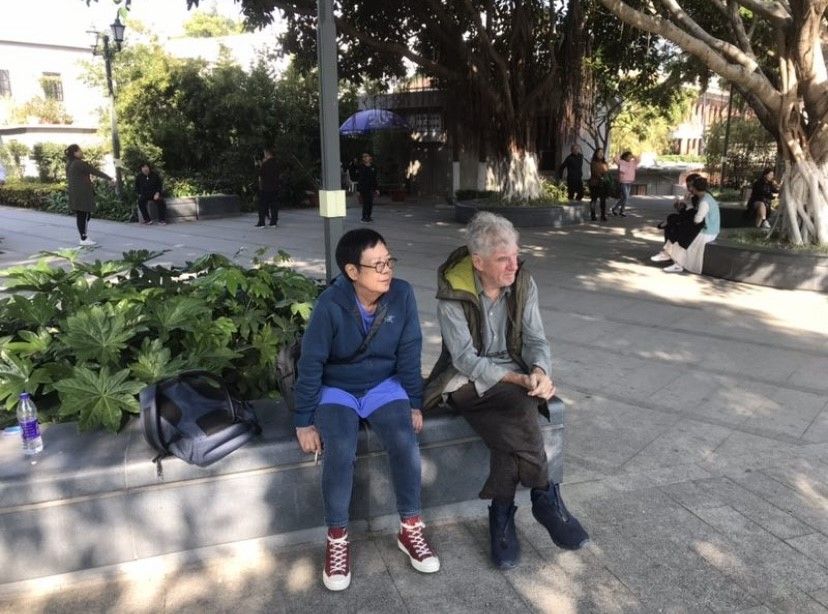
Ann Hui’s highly anticipated Chinese-language romance drama, Love after Love, is now showing in Hong Kong as part of this year’s Hong Kong Asian Film Festival until November 14. Starring Ma Sichun, a Golden Horse best actress, and Feihong Yu, who is known for her role in the 1993 film The Joy Luck Club, Love after Love premiered at the Venice International Film Festival in September 2020 and was screened at Busan International Film Festival and the Tokyo International Film Festival shortly afterwards.
Don't miss: Hong Kong Director Ann Hui Talks Winning The Golden Lion Award And Her Filmmaking Journey
This film features all the best elements of Hong Kong. It’s a love story set in the 1930s and shot by legendary cinematographer and Wong Kar-wai collaborator Christopher Doyle, while Hui became the first Hong Kong female director to receive a lifetime achievement award from the Venice International Film Festival last year.
Read on for Hui’s perspective on directing Love after Love.





